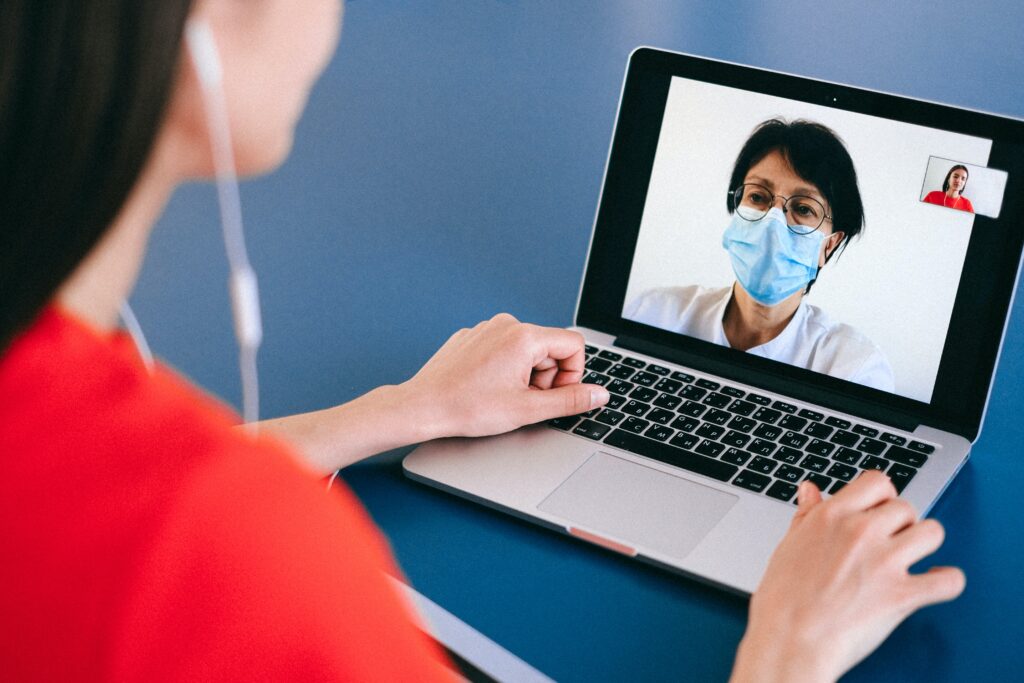News Team member Stephanie Oehler describes how the online "trad-wife" aesthetic fuels the flames of the anti-vaccination movement during the second-largest measles outbreak of the 21st century.

A summary of important health news from the past week.
How the Pandemic Led to the Rise of Virtual Rehab
By: Meagan Drillinger
Since the start of the pandemic, telehealth treatment has been on the rise as more and more physicians and patients have begun to turn to this virtual method for the treatment of non-urgent health conditions. The scope of telemedicine has grown beyond the simple check-in with a physician. Telemedicine is now used for virtual rehabs and addiction treatments. Lionrock is one of the biggest virtual rehab companies that provide treatment to thousands of people through video conferencing technology. The COVID-19 pandemic is what initially drove the demand for telehealth, but experts believe telehealth will likely become a permanent fixture in both the tech and healthcare landscapes due to its popularity and successful use. There are approximately 4.4 million adults in the United States living with an addiction that will seek help in a given year. Thanks to the new telehealth rehab treatment industry, patients who are living with addictions of all kinds can now access recovery treatment and counseling from the privacy of their own homes.
By: Roni Caryn Rabin
The CDC is urgently asking pregnant and breastfeeding Americans to get their Covid-19 vaccine. During pregnancy, the body is more vulnerable to severe disease and hospitalization caused by Covid-19 due to a weakened immune system and increased stress on the body. Pregnancy is listed on the CDC website as a condition that increases the risk for symptoms and severity of Covid-19. However, pregnant people are among the lowest vaccinated groups – less than â…“ of pregnant people have received their Covid-19 vaccine. Though there were early debates about the safety of the vaccine for pregnant people, research has proven the vaccine to be completely safe and effective. Pregnant people are one of the most vulnerable groups when it comes to Covid-19, and getting the vaccine will help prevent unwarranted deaths and complications.
Obesity Rates Rise During Pandemic, Fueled By Stress, Job Loss, Sedentary Lifestyle
By: Yuki Noguchi
New data shows that 16 states have obesity rates of 35% or greater, according to the CDC. Of the 16, Delaware, Iowa, Ohio, and Texas increased in obesity ratings in just one year. Such drastic increases are largely attributed to the side effects of the COVID-19 pandemic, as isolation and other stressors such as job losses impact a rise in sedentary behavior and a decrease in healthy eating. Obesity rates also varied by race — as minority groups were impacted the most economically during the pandemic, access to health insurance, healthcare, and healthier foods became less available. As obesity rates continue to rise year by year, Congress has been considering passing a bill that would allow Medicare to cover obesity drugs and counseling in order to address the nation’s obesity epidemic.
